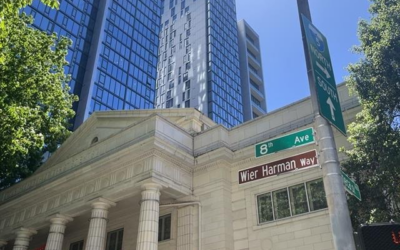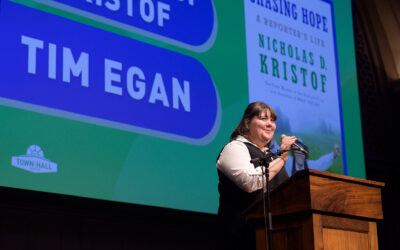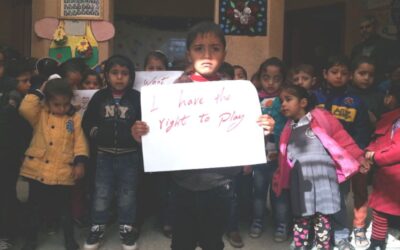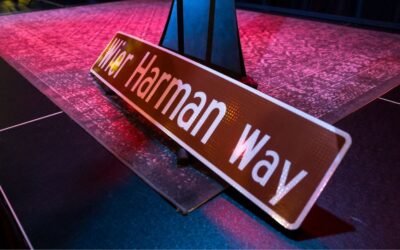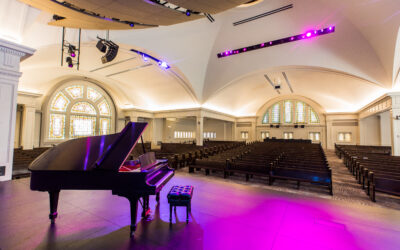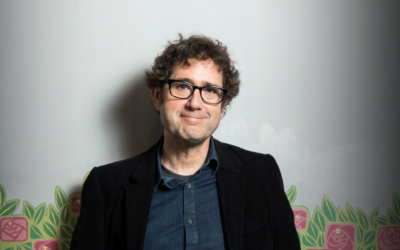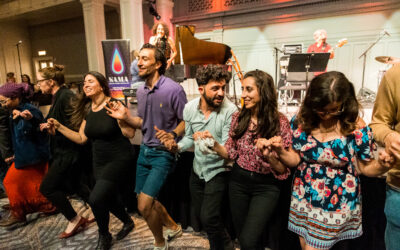As we come to the end of our 25th anniversary season, we find ourselves looking in the rearview mirror and considering all the things we’ve accomplished. Cueing up the sepia-toned memories, like...
A Leadership Update from Town Hall
Town Hall Seattle is thrilled to announce that Kate Nagle-Caraluzzo has been named Executive Director, effective June 3, 2024. Kate has served as Acting Executive Director since February and...
Findings Night with Maia Brown: Partner Spotlight, Donkeysaddle Projects
Town Hall's Artist-in-Residence Maia Brown is gearing up for her final Findings Night event on May 19, which explores new musical compositions drawn from the archives of leftist Yiddish poetry...
Announcing Wier Harman Way!
A dedicated city block in honor of our former executive director Wier loved Town Hall, but what he loved even more was our community. His innate belief that we’re better together is something to...
SugarBee® Apples joins Town Hall for the King/Snohomish Spelling Bee!
It’s regional spelling bee season! On March 30, 2024, top spellers from schools across King and Snohomish Counties will take the Town Hall Seattle stage to knock out words like psammophile,...
Inspiration and Insights with Tibetan singer Yungchen Lhamo.
In anticipation of her January 26 concert at Town Hall, we asked Yungchen Lhamo about music, travel, and her creative process. When did you start playing music? I have never played a musical...
Remembering Wier Harman
We are deeply saddened to share that Town Hall Seattle’s former Executive Director, Wier Harman, passed away on Monday, December 11. As many of you know, Wier stepped away from Town Hall one year...
Introducing On Topic: A Writing Club
Looking for a way to flex your writing muscles in a supportive, casual space? Join us on 10/5 for the inaugural meeting of our new On Topic Writing Club! Facilitated by local writer and theatre...
Town Hall’s Silver Soapbox: Celebrating 25 years
As we celebrate Town Hall Seattle’s 25th season – our silver anniversary – we invite our community to step up to the “Silver Soapbox” and celebrate with us! Around the turn of the 19th century,...
